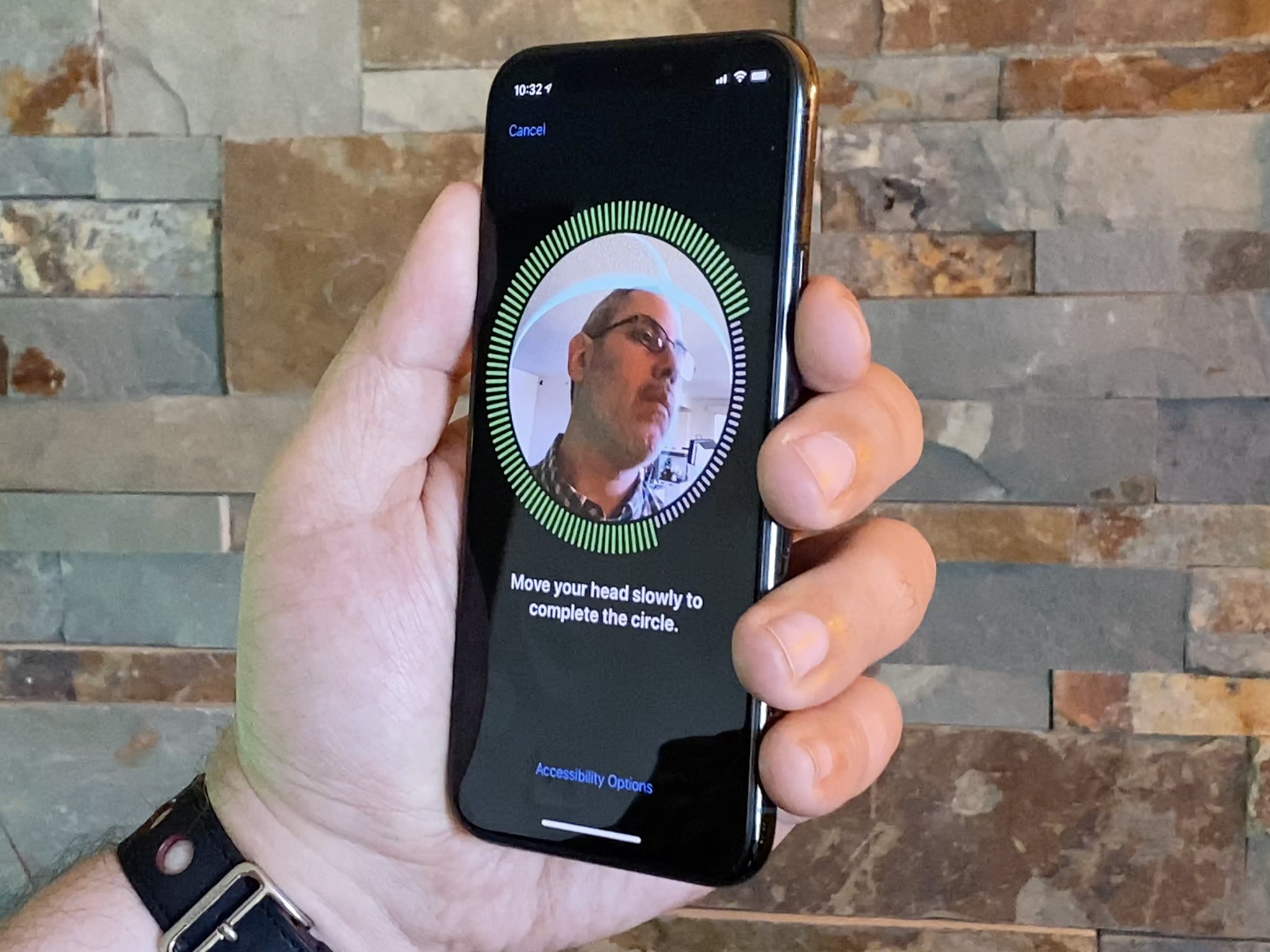What you need to know
- A new video has shown that changing an iPhone 13's display for a non-genuine one prevents Face ID from working.
- An error message warns that the device is "unable to verify this iPhone has a genuine Apple display.
- There's a workaround, but it isn't likely most repair shops will know how to do it.
It isn't immediately obvious why this is the case.
Apple's brand new iPhone 13 is a pretty solid device, but accidents happen and displays often need to be replaced. A new YouTube video shows what happens when a non-genuine display is used to repair an iPhone 13 series device, with Face ID refusing to work once the swap out is completed.
The YouTube video shows an iPhone 13 with an error message that suggests users need to get Apple to replace their phone's display rather than a third-party outfit/
Important Display Message
Unable to verify this iPhone has a genuine Apple display.
YouTuber Phone Repair Guru points out that there might be a way to bypass this issue, but it involves completing work that most repair shops will simply be unable to do — including moving chips from the old, broken display to the new one.
It isn't immediately clear why Apple has taken this route and I've reached out to Apple for comment — this post will be updated if and when a response has been received. Similar moves have been made with regard to Touch ID in recent years, but those displays interacted with Touch ID in a way that could possibly cause the security measure to be compromised by a third-party display. That isn't thought to be the case here.
Apple works to try and prevent iPhones from breaking as much as possible, and the new models have the best iPhone screens yet in terms of glass protection. But they're far from unbreakable and if they're anything like iPhone 12, they're likely to scratch all too easily, too. A replacement display is something plenty of people have to deal with — and losing Face ID as part of the repair is less than ideal for all kinds of reasons.

0 Commentaires